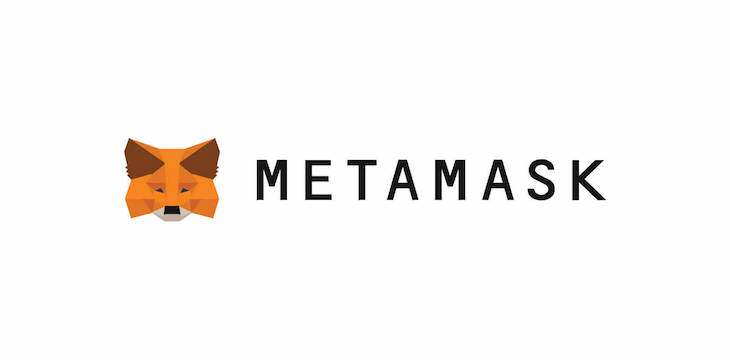|
Getting your Trinity Audio player ready...
|
Beware of the MetaMask phishing scam going around. It was recently discovered that there is a scammer that has created a fraudulent website that looks nearly identical to the legitimate MetaMask website and is using it to separate unsuspecting users from their funds.
I clicked in the add. Same content as in metamask. The url is https://t.co/cyg1LYw4Vy It looks like a scam. Please @metamask team check it out. I might be wrong. "fake" web here 👇👇 pic.twitter.com/S9NYlDtf0R
— Diego Mazo 🌴 (@diegomazoro) November 28, 2020
According to Blockchain analytics firm CipherTrace, the fraudulent website was launched on November 26th, but the firm, as well as Metamask, have only recently begun receiving complaints from individuals who have had funds stolen.
The scammer is evening buying sponsored advertisements on Google so that their malicious MetaMask site appears higher in the search than the actual MetaMask site.
🎣🚨 Phishing warning? 🎣🚨@Google is allowing a phisher to buy sponsored ads on their search results. When using crypto, try to use direct links, and if you need to use search, watch out for sponsored links! pic.twitter.com/Fx4WArcH80
— MetaMask 🦊🫰 (@MetaMask) December 2, 2020
Beware of scammers
As the digital currency market increases in popularity and the prices of coins and tokens continue to rise during this market cycle, you must be cautious. The popularity and rise of the digital currency markets have made the industry even more of a target for scammers.
If you are unsure if you are dealing with a legitimate service provider, one thing that you can do is go to the companies official page on LinkedIn, Twitter, or Facebook and get directed to their official website by way of their official social media page. Most fraudulent actors will not go through the trouble of making, or will be unable to make a convincing, social media page for the company they are trying to defraud.
At times when the digital currency industry is a honeypot, it is best to not involve yourself in any high-risk activities, such as investing in DeFi projects. Each week, sometimes multiple times a week, there is a new DeFi exploit, hack, or theft. The DeFi space is a prime target for hackers because they know that the underlying smart contracts that DeFi runs atop of are insecure and have many attack vectors. Sometimes, the DeFi project’s dev team knowingly implements those attack vectors so that they can exploit the projects themselves at a later date.

 02-18-2026
02-18-2026 




